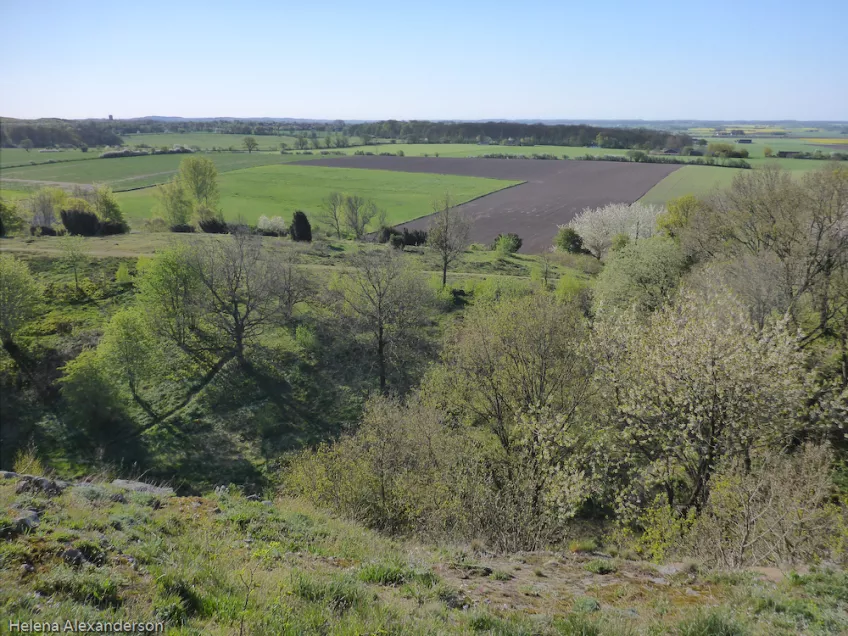Why Lund?
Why study geology at Lund University
The Dept. of Geology at Lund University has a long research tradition. The international aspect of the research activity is accentuated by our participation in many international projects. We are hosting international field courses at both undergraduate and graduate level. In terms of research, we are active on most continents; geology is a global topic on all time-scales. The research is well reflected in all master courses. More than 80% of the teaching staff are full or associate professors.
From a geological point of view Lund is situated in a very strategic position, at the transition between the Fennoscandian Shield in the north and a subsidence area with thick sequences of sedimentary rocks in the south. This fact is also reflected in the Quaternary deposits and landforms with the province of Skåne (where Lund is situated) as a model for the geological conditions in Denmark, the Baltic countries and central Europe, and the province of Småland (north of Lund) as a model for Fennoscandian Shield.
As in any other science degree program, lectures provide the main avenue for transferring new knowledge and understanding, supplemented by private reading and research. However, in the study of geology there is also a strong practical element and the acquisition of key practical skills is developed through exercises in the classroom, laboratory and the field. Fieldwork is an essential part of these practicals and trips lasting from one day to one or two weeks, and at a variety of locations within and outside Sweden, are a major feature of this practical training. Supplementary reading is required for all courses and a list of specific texts and references is provided in each case. The Dept. of Geology has a reputation for being friendly for students and staff alike. We value this ethos and students have open-door access to all staff.
In 2003 we moved to a new/rebuilt complex located only 5 minutes walk from the city centre. One of the many benefits of the Department is the vast array of in-house research equipment supporting teaching. All students undertake their lectures and practicals in well-equipped lecture halls and teaching laboratories within the department building. In the final year students generally undertake research projects in many of the research laboratories. Major computing and workstation facilities underpin many aspects of our teaching and research. Students have access to superior library resources at the Department, including electronic journals.
Contact
Students administration
studieadmin [at] geol [dot] lu [dot] se (studieadmin[at]geol[dot]lu[dot]se)
Student Counsellor and International Coordinator
Karl Ljung,
studievagledare [at] geol [dot] lu [dot] se (studievagledare[at]geol[dot]lu[dot]se)
Director of Undergraduate Studies
Karl Ljung


